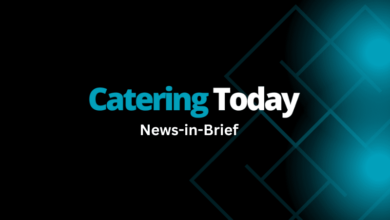Beating today’s economic challenges to make waves in the catering world

Making the transition from a small business to a major player in the catering world is a daunting but necessary step for anyone serious about making it big in hospitality, says John Trueman, CEO of Quadranet Systems. Although there are a number of hurdles to overcome, it can be achieved with the correct measures of caution and bravery.











